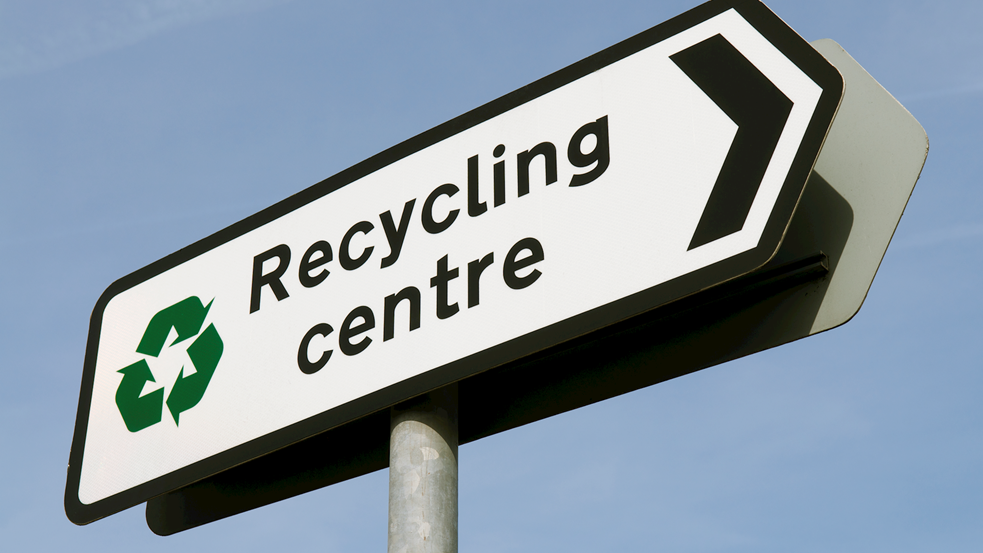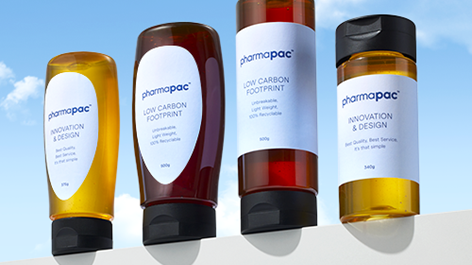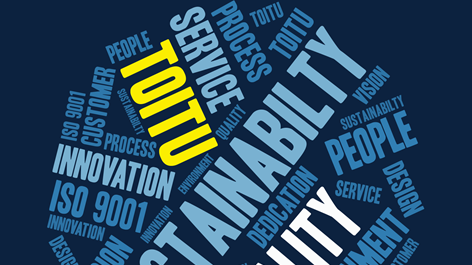One of Auckland Council’s recycling facilities – Visy, in Onehunga – has introduced the use of optical sorters to allow for more plastic to be processed in New Zealand, rather than shipping it offshore.
The upgraded machinery uses light and near-infrared technology to sort #2 from #5 plastics. In short:
#2 = HDPE (high-density polyethylene) = milk jugs, detergent bottles, plastic water/juice bottles
#5 = PP (polypropylene) = yogurt containers, plastic bottles tops, disposable plates, cups, cutlery
Optical sorters work by using light and near-infrared technology to read the reflective signal from each object. Each plastic grade produces a different image or signal which identifies what it is made from. Air jets then direct that object into the correct grade stream for baling.
Previously, #2 plastic was going to overseas markets, and #5 ended up in landfill. But the new sorting capabilities mean these plastics can remain in New Zealand for re-use.
There is a great demand in New Zealand for good quality recycled #5 PP (rPP) for a range of non-food contact products that are produced locally. Pharmapac’s PP bottles and caps are perfect for this recycle stream due to the high-grade nature of the product and the fact that it is mostly uncontaminated after consumer use.
Until recently, however, manufacturers in New Zealand had to import this type of plastic, with a large percentage of this rPP being imported.
This capability upgrade means that about 35 per cent of the plastic picked up from Auckland’s kerbs will now be recycled in New Zealand. According to an Auckland councillor, this is a big improvement from when almost all of it was being sent overseas.
Auckland Mayor Phil Goff says, “Up to 35 per cent of Aucklanders’ kerbside plastics are now forecasted to be recycled in New Zealand, helping to create a more sustainable, circular economy. The new optical sorters will ensure that 99 per cent of the 7700 tonnes of recyclable plastic that Visy, Council’s recycling facility, processes each year can now be correctly sorted and recycled.
“As well as the environmental benefits, recycling is more cost-effective than sending material to landfill. The new equipment will also result in a higher-quality product for use in New Zealand manufacturing,” Phil Goff said.
Councillor Richard Hills, Chair of the Environment and Climate Change Committee, says, “Building the capacity for over a third of our plastics to stay in New Zealand is a great milestone that can reduce our emissions.



